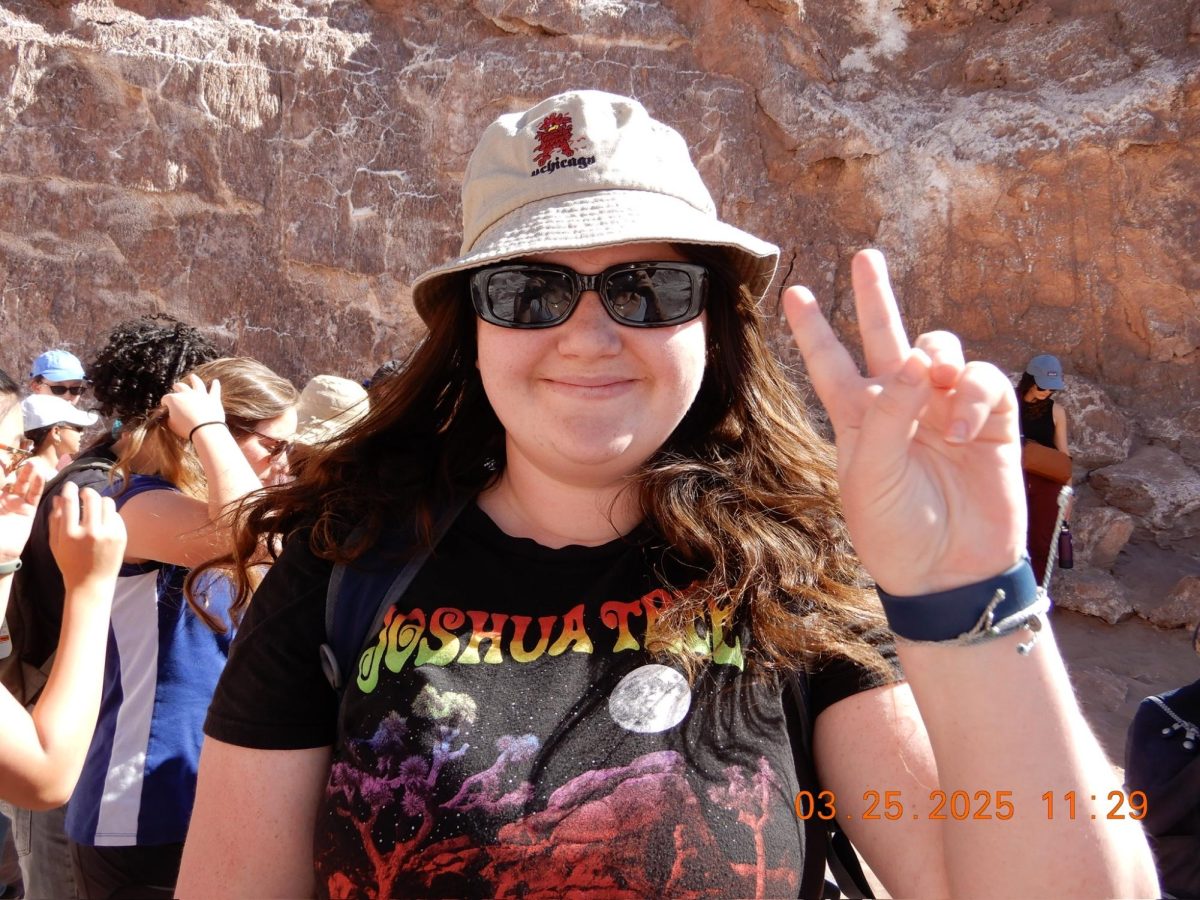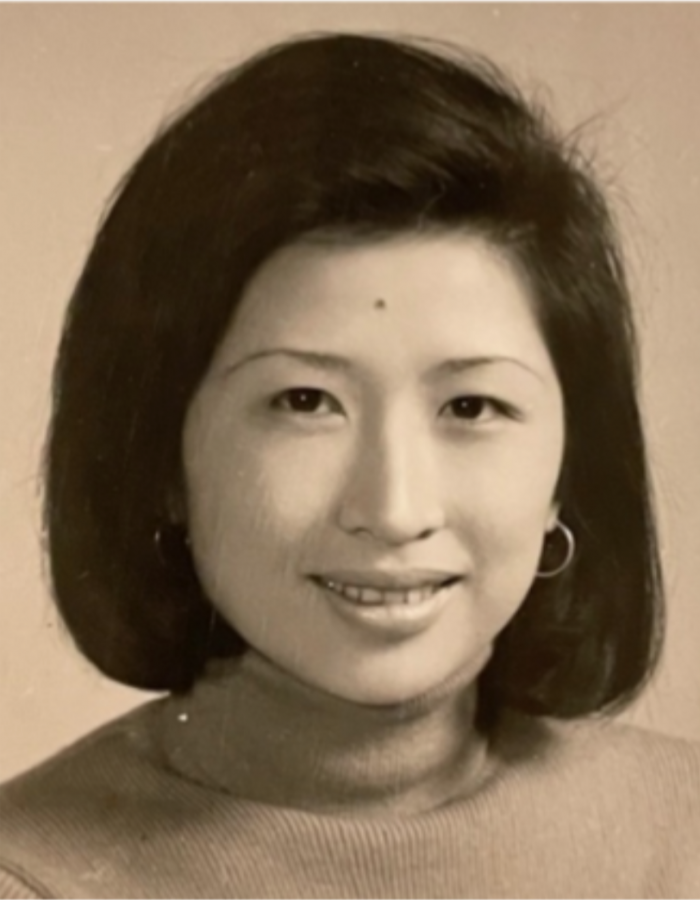Freedom Trip
Audrey Huang, 72, immigrated from Taiwan
Audrey Huang sits on an armchair, legs crossed, her fingers intertwined over one knee. She shares her disapproval of my posture and sternly tells me “Sit straight, Kimberly.” As she delicately pushes her glasses up the bridge of her nose, she adds, “You’ll appreciate this when you grow older.” The last thing on my mind is to worry about my posture, but for the sake of having no other interruptions, I quickly fix my sitting position and smile. My grandmother, who I call Ama, wears a snowy texture pink shirt and a black pleated skirt. She brings her cup close to her nose and allows the fragrant steam to rise before taking sips of her warm green tea. Knowing she is comfortable now, I know she is ready to answer my questions.
She starts by sharing the background of how the Communist Party declared victory and decreed that China would be governed by communism after defeating the Nationalist Party in October of 1949. “Hearing how horrible communism was on the news was scary. People’s homes were invaded by the government, and they destroyed everything, even your precious needs.” These precious objects included jewelry, heirlooms, and treasured belongings. Ama asks why my eyes are so scrunched up, and I explain it was a reaction of shock in hearing the brutality of the Communist party over their citizens.
At the same time she married her first love, U.S. President Nixon and the ruler of the Chinese Communist Party Mao Zedong made an agreement that the United States recognized Taiwan as part of China, escalating the fear of Taiwan being taken over by Communist China. Ama’s father-in-law, who was a successful business tycoon, started the first dairy company in Taiwan, which became a publicly-traded company. He was concerned about the political instability and that Taiwan would be converted into communism. Since he wanted to protect his sons from communism, he encouraged my grandmother and my grandfather, who I call Agong, to immigrate to the U.S. to expand his business conglomerate. “At that time, I had two children, your mom and [your] aunt, which was very difficult to immigrate with. Life was difficult starting everything from scratch.”
My grandparents flew on an airplane to the U.S in 1975. Ama sighs and her eyes look scarred from reliving the memories. “I cannot even tell you the difficulty of adapting to the new environment! Your mom, aunt, Agong, and I didn’t know how to speak English. And it was affecting your mom and aunt’s education, purchasing daily needs, and obtaining medical care. It took me around three years to be comfortable in the U.S. Once you are an immigrant, you’ll never forget that you are one.” As she waits for my response, I sit there thankful for all that she went through to get me here today. I throw my arms around her for a tight hug. “Thank you, Ama!”




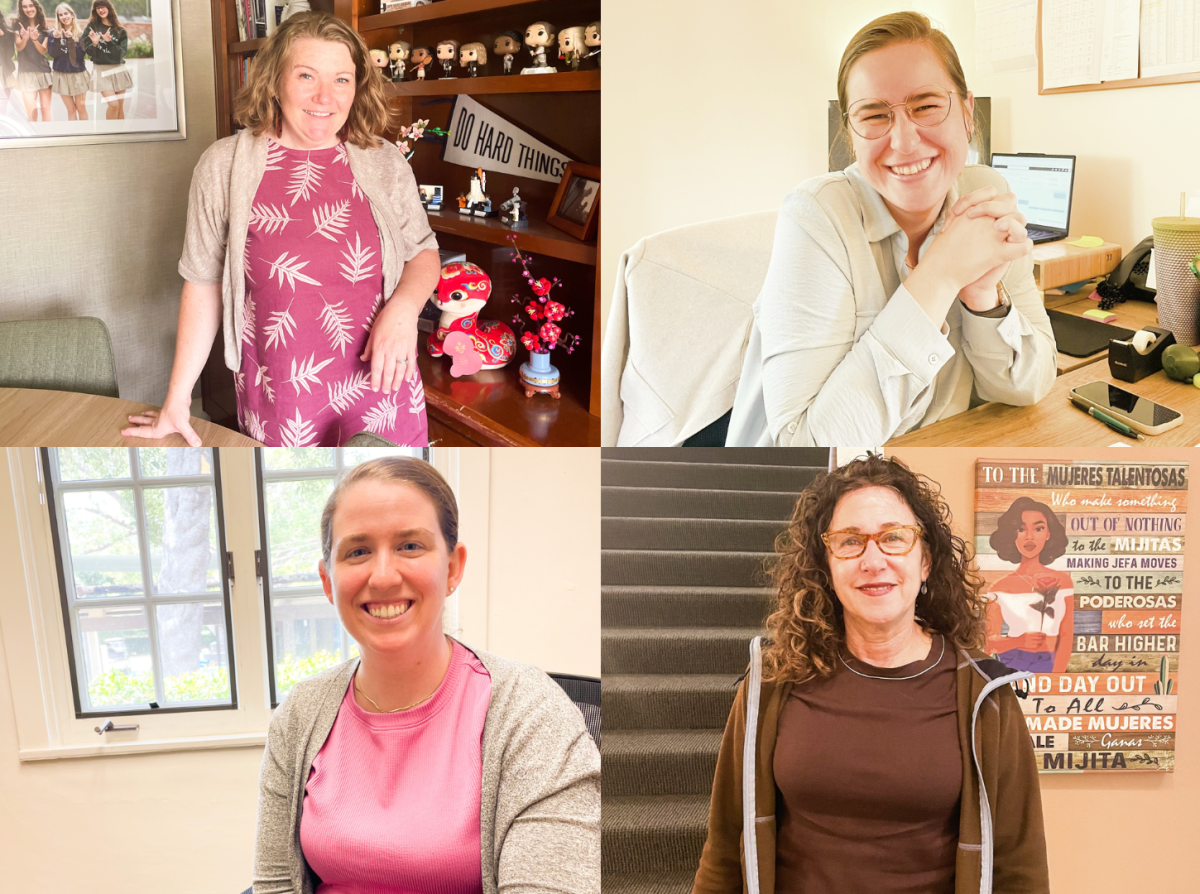
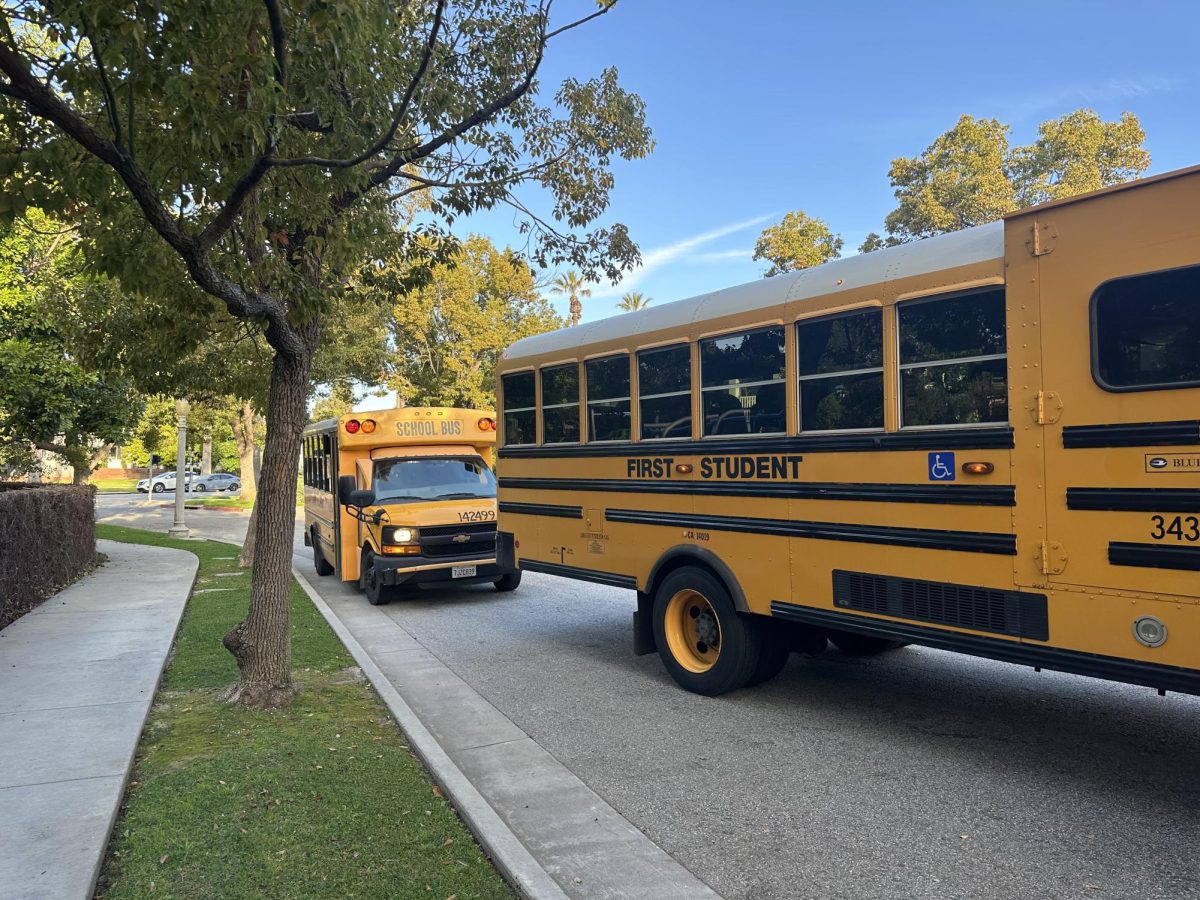


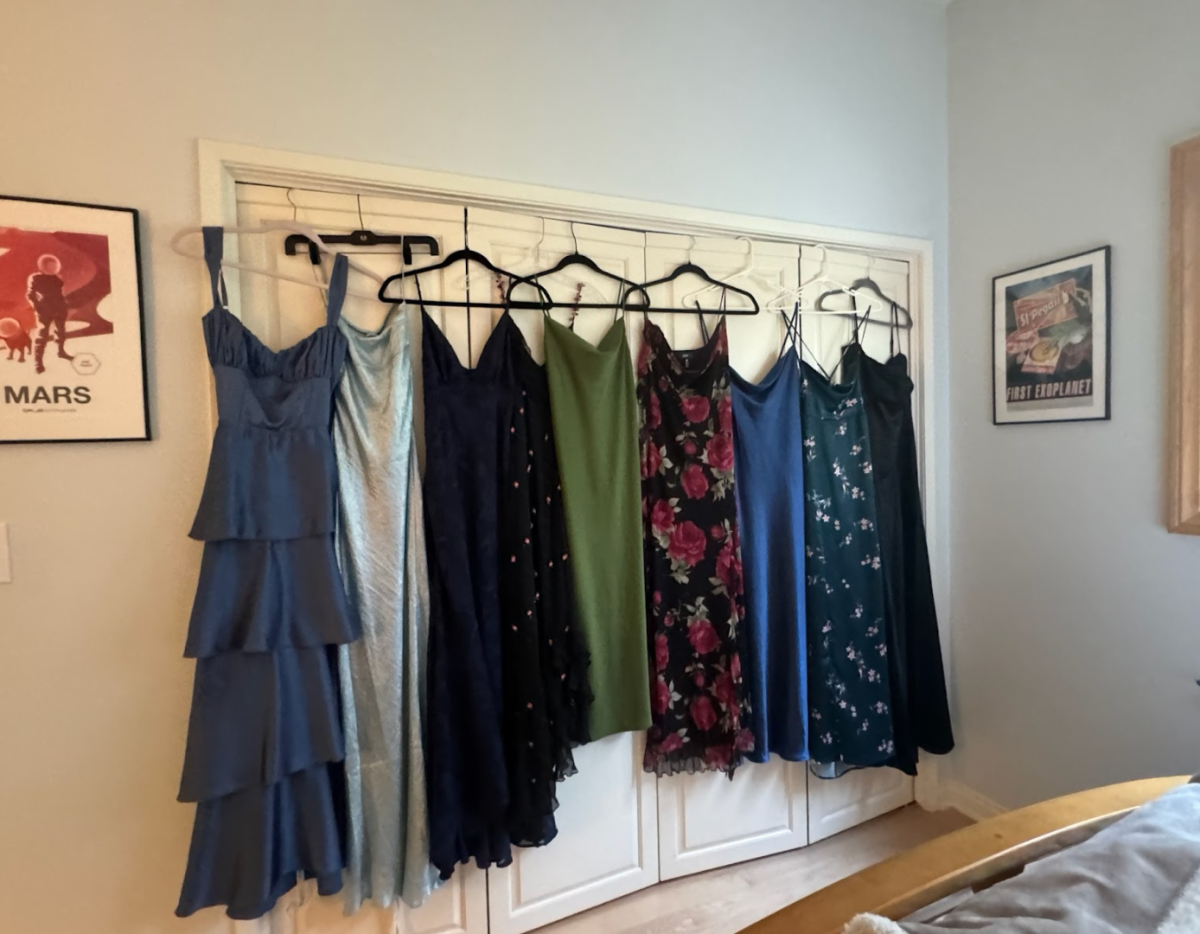








![Dr. Zanita Kelly, Director of Lower and Middle School, pictured above, and the rest of Westridge Administration were instrumental to providing Westridge faculty and staff the support they needed after the Eaton fire. "[Teachers] are part of the community," said Dr. Kelly. "Just like our families and students."](https://westridgespyglass.org/wp-content/uploads/2025/03/dr.-kellyyy-1-e1748143600809.png)





































